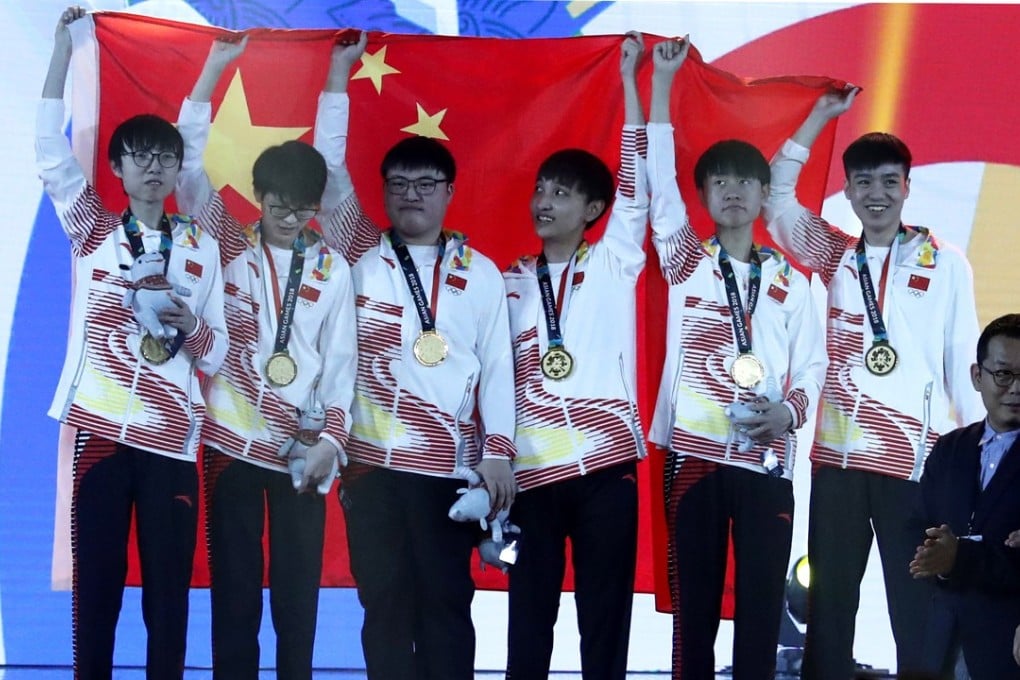Asian Games 2018: China’s League of Legends MVP was a childhood gaming addict, scolded by his parents
Jian’s 3 million Weibo followers surpass the numbers for some of his fellow Chinese gold medallists at the Asian Games, including Su Bingtian, Asia's 100 metres record holder

China defeated South Korea in the finals for League of Legends in the Asian Games on Wednesday, wrapping up their e-sports showdown in Jakarta with two golds and one silver. With a score of 3-1, Team China secured the victory over South Korea largely through their 21-year-old captain Jian Zihao, a self-confessed gaming addict turned all-star player.
Better known by his in-game ID Uzi, Jian is one of the world’s best LoL gamers, and currently plays for Chinese e-sports club Royal Never Give Up. Jian, along with five other top LoL gamers, was selected to represent China in this year’s Asian Games, the first ever to feature e-sports as a demonstration sport.
League of Legends, an online PC title where multiple players battle it out against enemies to try and destroy their defence towers, is one of the world’s most-watched video games.
After leading China’s victory, Jian shared a photo of himself wearing the gold medal on the Chinese microblogging site Weibo, garnering more than 260,000 likes in less than 24 hours as well as comments dubbing him “China’s pride”. His 3 million Weibo followers surpass the numbers for some of his fellow Chinese gold medallists at the Asian Games, including Su Bingtian, Asia's 100 metres record holder.
Jian did not immediately respond to a request for comment sent by the South China Morning Post to his Weibo account.
Jian’s journey to become mainstream has been a long one though, much like the development of e-sports itself in China. During a recent interview with the Chinese state broadcaster CCTV Jian recounted that as a school kid he routinely skipped class to play video games to the point that his parents had to hunt him down in cybercafes.